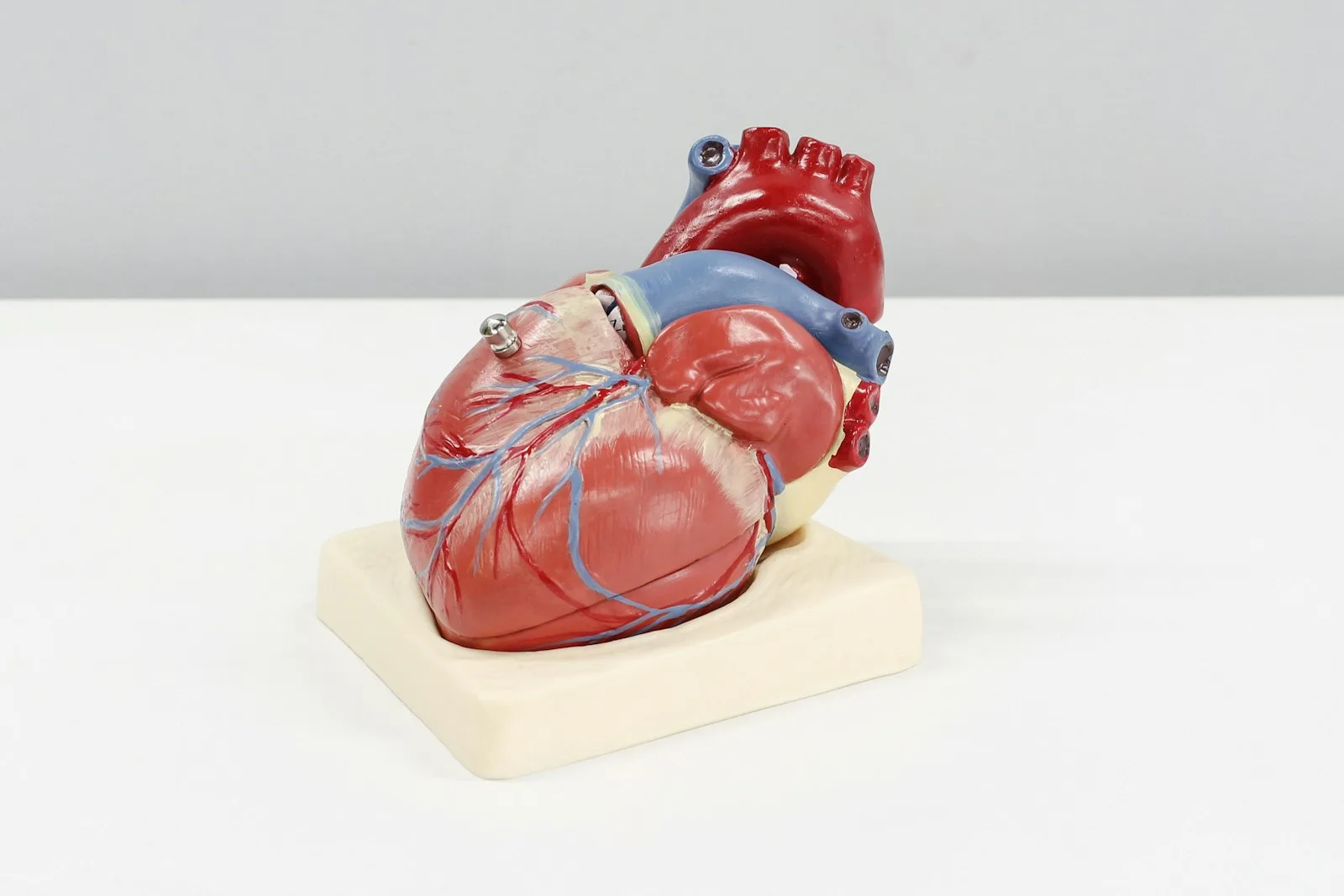
Table of Contents
Some people can hear their heartbeat while they sleep, while others can hear their partner snoring or fussing outside. Palpitations, which may occasionally be felt in the neck or chest and may be faster than your regular heartbeat, are indicated by this hammering sound.
After a hard day, if you’re anything like me, there’s nothing more satisfying than laying your head on your pillow. However, it is possible that depending on your health and stress level, you may find it more difficult to fall asleep.
It is more likely to occur at night or during sleep; More specifically, you’re more likely to find (and hear) it when you’re stationary. Most of us are too busy to notice the many palpitations we experience throughout the day.
Loud snoring while you sleep, often accompanied by grating or rattling sounds, can be a sign of sleep apnea, a disorder related to heart problems. This annoying sound is caused by a blocked airway while you sleep, which causes short breathing intervals. These breathing pauses strain the cardiovascular system, increasing the risk of heart attack, high blood pressure, and other cardiovascular problems.
“They’re usually not dangerous, but they can be scary,” says the Cleveland Clinic. He goes on to say that frequent causes include hormonal changes associated with menopause and pregnancy, dehydration and excess alcohol, fat, salt or sugar.
Palpitations, however, can sometimes indicate a more serious condition. The following diseases can be the source of symptoms:
Hearing This 1 noise When You Sleep Could Mean Heart Disease
1) Heart issues
According to the NHS, you should seek medical help immediately if you experience chest pain, dizziness or fainting accompanied by palpitations as these symptoms may indicate a heart condition.
However, there is a remote possibility that you will develop cardiomyopathy or, less commonly, myocarditis, which is an inflammation of the heart muscle. Another possible connection is valve disease, which causes frequent missed beats.
2) Anaemia
Anemia is characterized by low levels of iron in the blood, which also lowers hemoglobin levels in individuals with it. Because hemoglobin is the protein that helps deliver oxygen throughout the body, if you don’t have as much blood as you need, your body has to work harder to move all that blood around.
Experts believe that this can cause palpitations and may be associated with poor heart health in the future.
3) Thyroid issues
Heart palpitations can occur in people whose thyroids are either overactive or underactive. Anxiety, insomnia, diarrhea and other symptoms are associated with an overactive thyroid; Symptoms of an underactive thyroid include dry skin, brittle nails, weight gain, and muscle aches.
4) Low or high blood pressure
Palpitations can be a sign of high blood pressure or low blood pressure, as both make your heart work a little harder to bring that all-important oxygen around the body.
5) Low blood sugar
Palpitations are occasionally a sign of hypoglycemia, or low blood sugar. Diabetics are more vulnerable to potentially harmful aspects of the disease.
Hypoglycemia can also cause other symptoms including tingling of the lips, sweating, tremors, hunger, thirst and dizziness.
Obviously, these are some of the more serious causes of throbbing noises that are palpitations; Other causes include electrolyte imbalances or even normal physical activity.
In addition, palpitations can indicate mental health problems such as anxiety, as they are frequently associated with panic episodes.
If you’re having nighttime palpitations, seek medical help (and not just out loud).
READ | Sleep Mastery: 7 routines to significantly improve your sleep
READ | What happens when you hear loud noises before going to sleep?


2 thoughts on “Sleeping with this 1 noise can indicate heart disease”